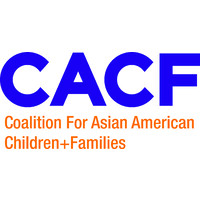
The Hilltop Institute at UMBC
The Hilltop Institute is a nonpartisan research organization at the University of Maryland, Baltimore County (UMBC) dedicated to improving the health and wellbeing of people and communities. We conduct cutting-edge data analytics and translational research on behalf of government agencies, foundations, and nonprofit organizations to inform public policy at the national, state, and local levels. Hilltop exemplifies UMBC’s commitment to service to the state. Established in 1994, Hilltop was one of the first partnerships formed between a public university and a state Medicaid agency. Today, through this nationally recognized partnership, Hilltop and the Maryland Department of Health collaborate to conduct objective, evidence-based research and analysis to inform state health policy. The state of Maryland—with its innovative health policies and all-payer global budget model for hospitals—offers a unique environment for Hilltop’s work and lessons for other states. We are also committed to preparing the next generation of data scientists, health services researchers, and public policy professionals. Hilltop provides UMBC students with opportunities for experiential learning through internships and research assistantships focused on data-driven research and analysis to advance health policy decision making. We also collaborate with faculty to identify research questions of relevance to policymakers that require rigorous data analytics to address.






